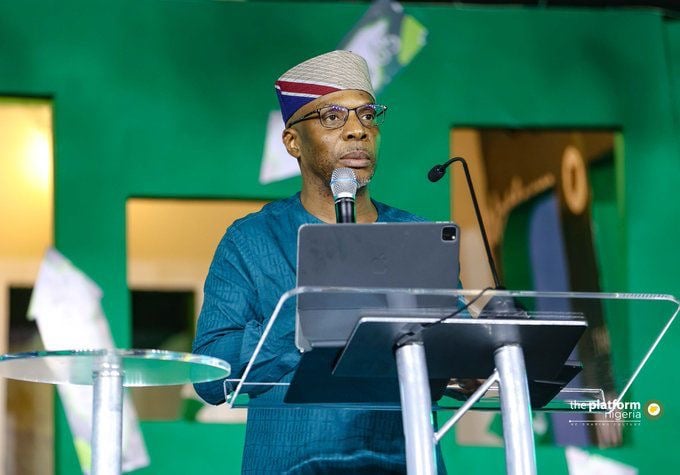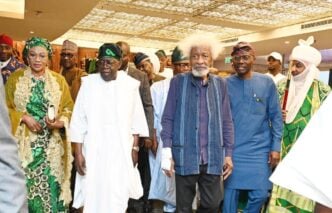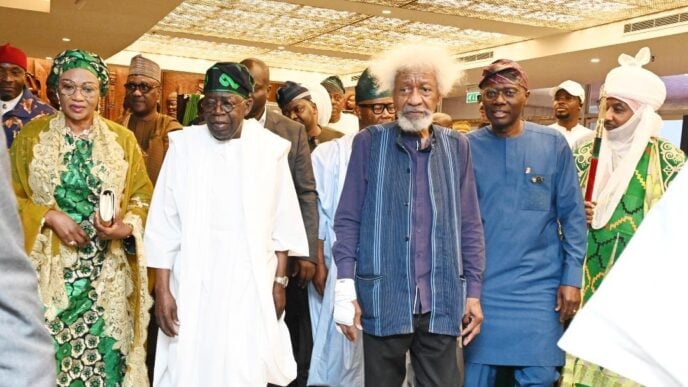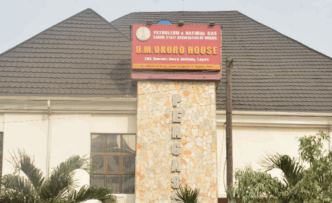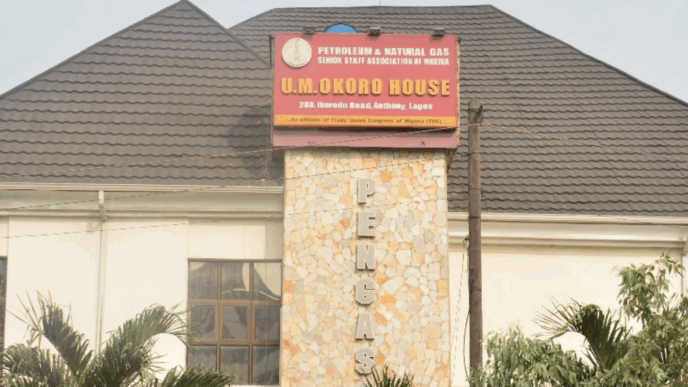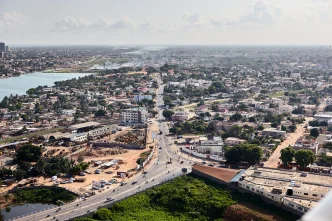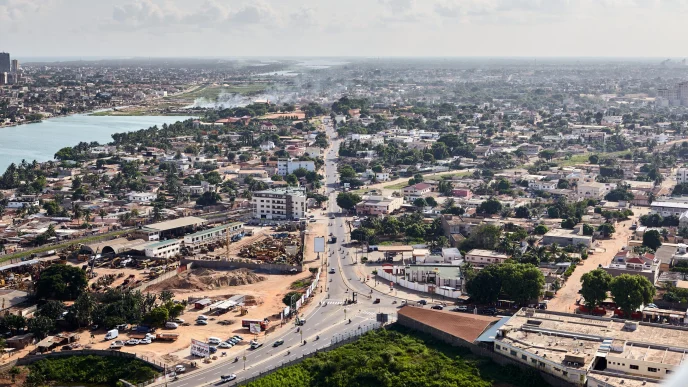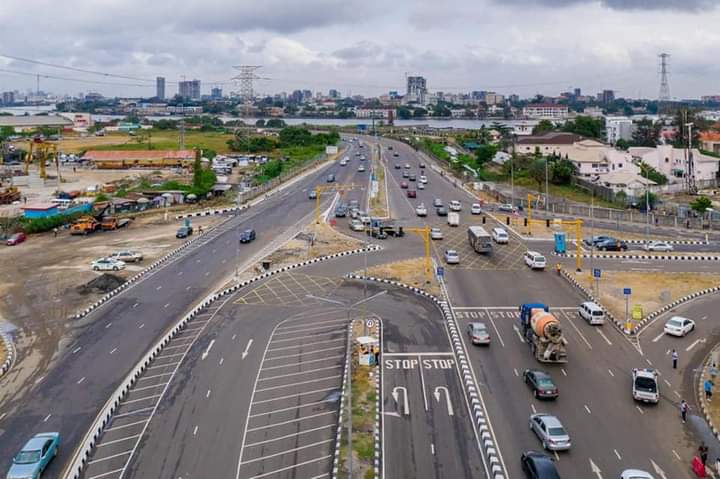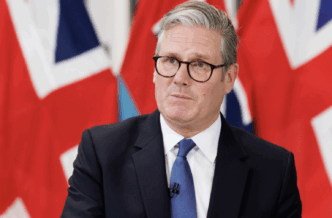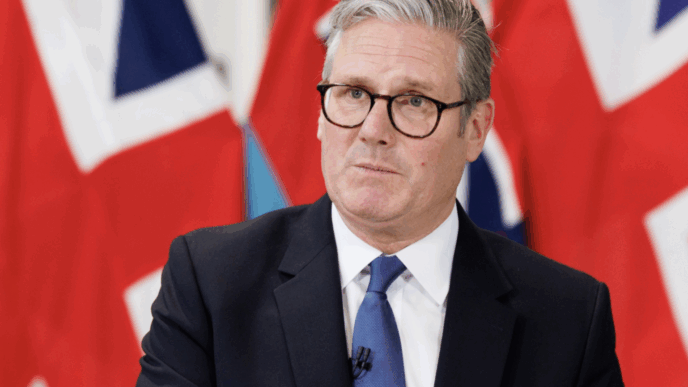Yemi Kale, former statistician-general of the National Bureau of Statistics (NBS), says approximately 89 million people, or 40 percent of Nigeria’s population, live below the poverty line.
Kale, currently the group chief economist and managing director of research and trade intelligence at Afreximbank, spoke at The Platform Nigeria’s Independence Day event, themed ‘Rebuilding Our Nation’.
The economist said Nigeria is the country with the second-highest number of poor people globally after India.
“To grasp the magnitude of this number, we can consider that fewer than 20 of the world’s 195 recognised countries even have a population larger than just Nigeria’s estimated number of poor,” he said.
Advertisement
“And these dynamics are compounding. Together, these trends threaten the very promise of independence that every Nigerian should have the opportunity to thrive at home.
“So what went wrong? Well, there are many reasons, but a large part of it lies in policy missteps and costly delays in implementing needed reforms.
“Key adjustments, some finally underway, should have begun over a decade ago, when warning signs were already evident.
Advertisement
“Acting sooner would have significantly softened the impact on households and businesses, sparing the economy years of compounding fiscal and inflationary pressures.
“Instead, distortive monetary and exchange rate policies lingered, eroding investor confidence and choking off investment.”
‘RECENT REFORMS PAINFUL BUT NO CREDIBLE ALTERNATIVE’
Kale said the series of reforms recently introduced are challenging and painful, but are absolutely necessary, noting that, “there is really no credible alternative”.
The former NBS boss said consistent and integrity-driven execution of the reforms will turn Nigeria’s potential into real, broadly shared prosperity, impacting daily lives beyond statistics and speeches.
Advertisement
“The challenge, however, is to ensure that the path of reform is as painless, humane, and well-sequenced as possible,” he said.
”But too often in Nigeria this has been overlooked or maybe poorly implemented, resulting in what I think are avoidable hardships.”
Kale added that the government’s role isn’t to avoid these reforms, which he said are inevitable.
Rather, the Afreximbank managing director said the government’s role is to sustain the policies while urgently strengthening social protections, ensuring the transformation journey is both economically sound and socially just.
Advertisement
